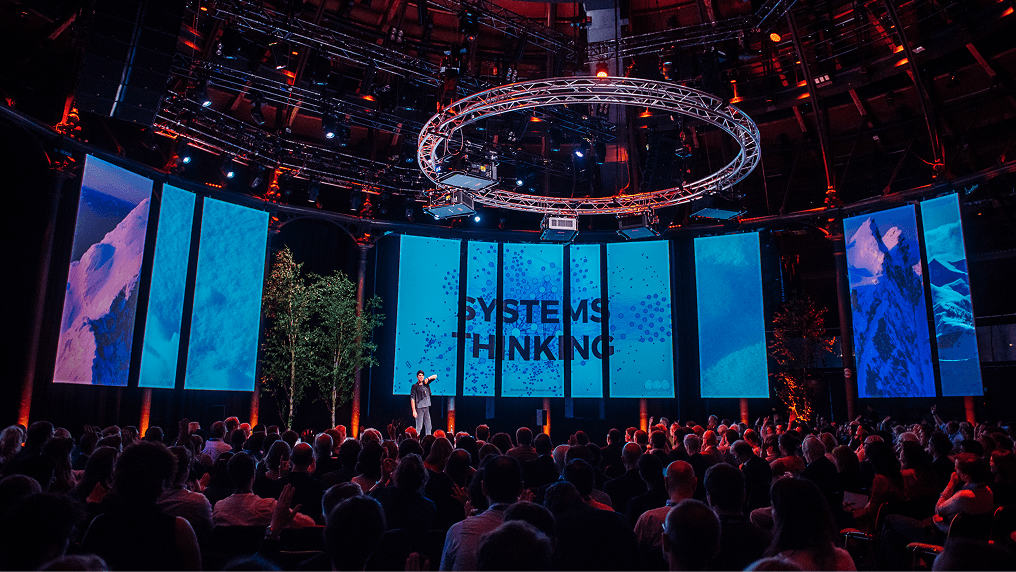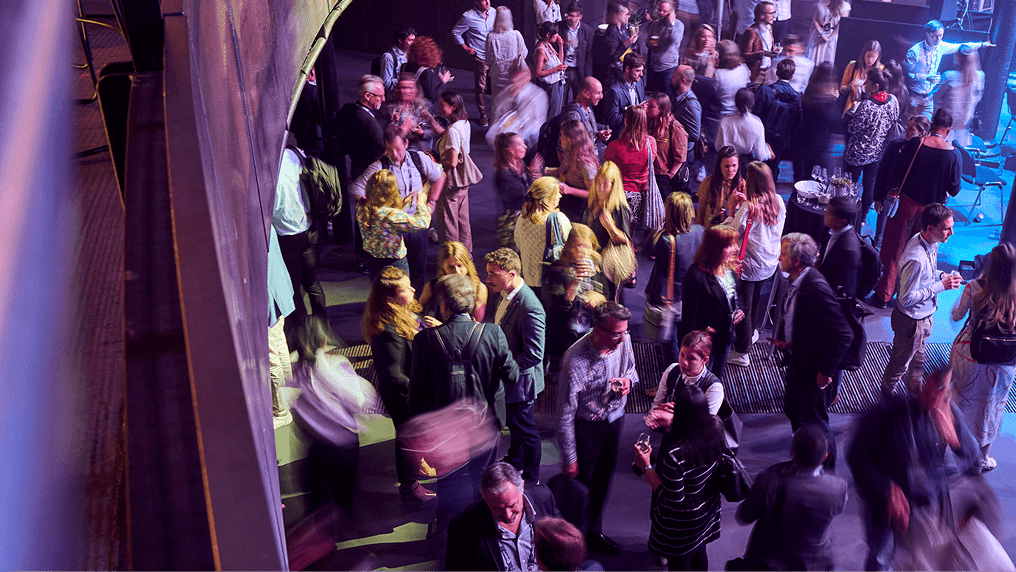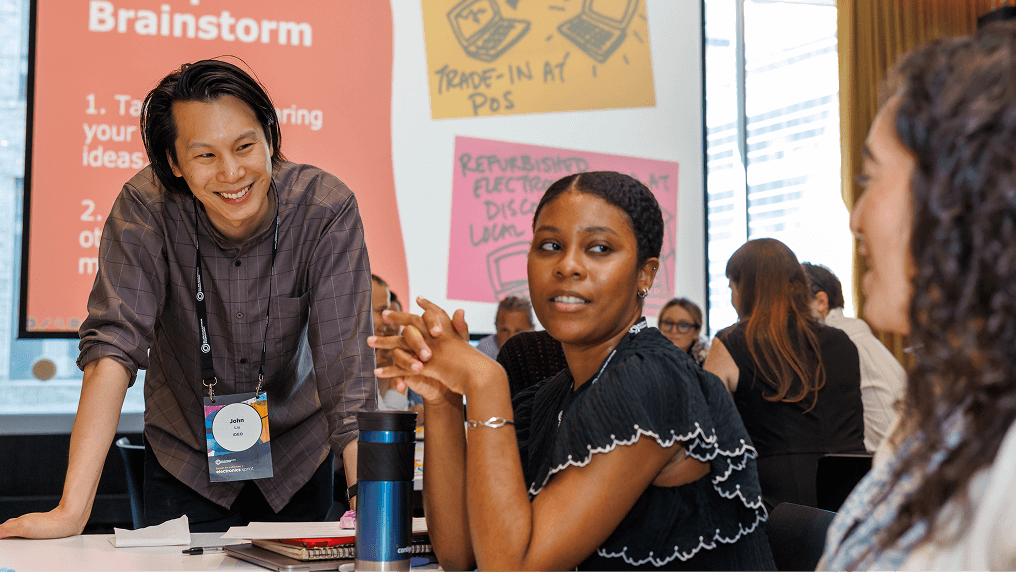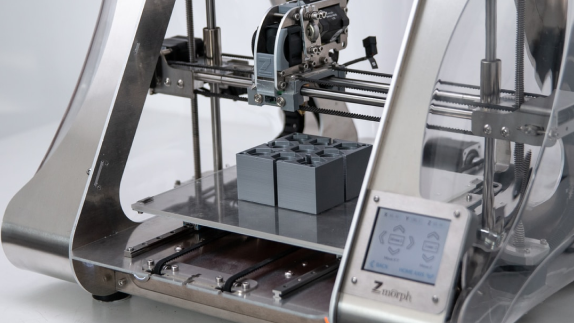
3D Printing and Repair Parts
Exploring product life extension
In this pilot project, some of the biggest brands in electronics and furniture have worked together to discover how 3D printing can disrupt the way they make and use spare parts. For the second part of the co.project, the group opened up to a global pool of knowledge and experience in design and 3D printing. Working with iFixit, they launched the 'Dare to Repair' contest, which challenged people to invent and design spare parts for real-world problems with everyday products.
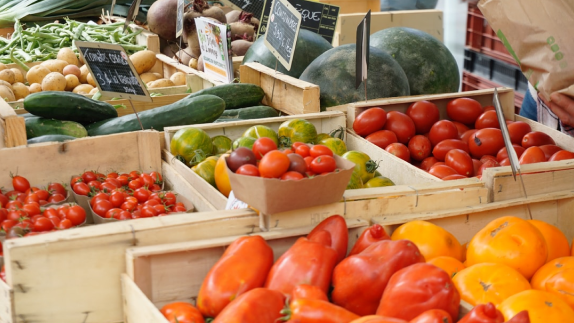
Broeklin: Circular Makers Market District
A circular makers market district.
The BROEKLIN project is a 200.000 m² development that will be constructed on a brownfield on the northern periphery of Brussels. The site is enclosed by an international airport, railways and elevated highways. BROEKLIN will bring education, local production, consumption and circularity together in a makers district, hosted in big adaptable industrial halls. Makers will be able to manufacture items on-site, lowering waste and overproduction, all while contributing to a shared resource/waste loop from other neighbouring businesses. In the 55.000 m² retail space, visitors will be able to participate in the creation of products, interacting with producers on tailored specifications.

gCycle: Regenerating Nappy Waste into Valuable Resources
A circular economy for nappies and how to implement it locally
To enable a circular economy for nappies, members of this co.project looked at the feasibility of introducing compostable nappies in different local contexts. By replacing oil-based plastics with bio-based materials, and building an effective collection infrastructure, the used product can then compost and regenerate natural systems, eliminating waste.

Project Ceres
Promoting organic waste collection with reusable and compostable shopping bags.
This pilot project, run in Catalonia, looked to eliminate single-use plastic bags in an entire city by making compostable and reusable bags available instead. The project greatly enhanced the quantity and quality of compost, now suitable for organic agriculture.

Project Triple T
Trash, Trust & Tracking: Creating a proof of concept for the mass balance approach.
In the 'Mass Balance' white paper published in 2019, network members explored how a mass balance method offers a workable set of rules to ensure the traceability of recycled feedstock into new products. Led by SAP and BASF, this pilot project now aims at testing a blockchain technology to enable the mass approach to be credible, and adopted at scale. Members of the project will be submitting products to be recycled according to the mass balance approach to validate the technology.
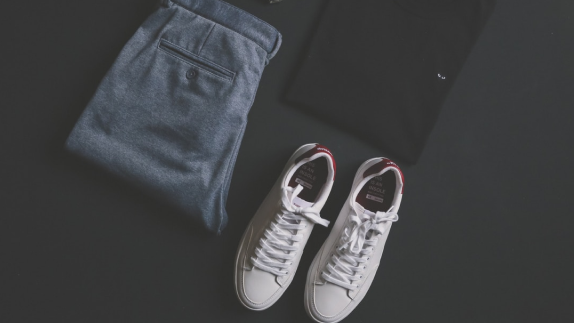
Project WearEver
Measuring and incentivising circular advancements in consumer products.
The Project WearEver leads, Stuffstr and Arizona State University's Sustainability Consortium, believe that clothing provides its greatest value when it has superior emotional and physical durability.
Using garment-embedded information technology, the goal with this co.project is to establish an empirical baseline on apparel use, and an industry-accepted means of measuring against that baseline in order to foster the maximisation of clothing use.
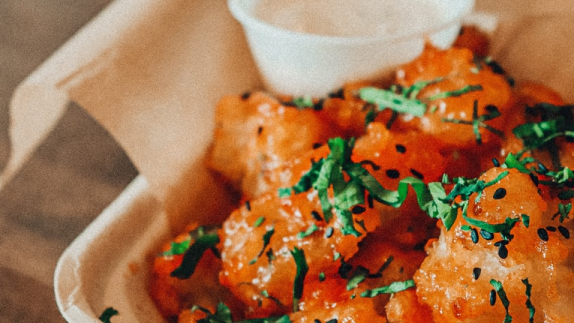
Project What'SUP
Designing circular solutions for the take-away food industry.
This co.project is looking at demonstrating a circular model for single use foodservice ware in the hospitality sector. We will explore composting as a possible end of life option for food waste & foodservice ware. The first phase would be to pilot the model with one type of foodservice packaging (example, take-away boxes) before scaling it to multiple locations and items.
This project could be of interest to stakeholders along the value chain – resin suppliers, convertors, foodservice operators, waste management, recyclers, composters, data analysts. Members outside the Ellen MacArthur Foundation network are allowed to join this pilot. The group will pilot the programme in Europe first and hopes to replicate this in North America with interested parties.
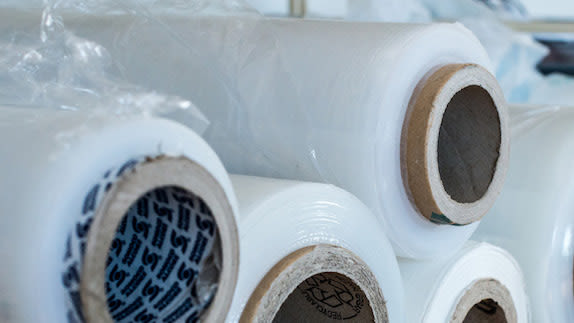
SWAP: Shrink Wrap Alternative Project
Learnings from ten organisations about circular alternatives to linear stretch wrap
Microsoft invited partners across the whole value chain involved in the bulk transportation of valuable products to reimagine and design a circular packaging solution to plastic pallet protection. The group carried out three pilots — looking at a reusable, recyclable, and compostable solution — to understand the technical feasibility, scalability, affordability, and environmental impact of each option. In this report, the group shares their learnings from the 12-month project.

